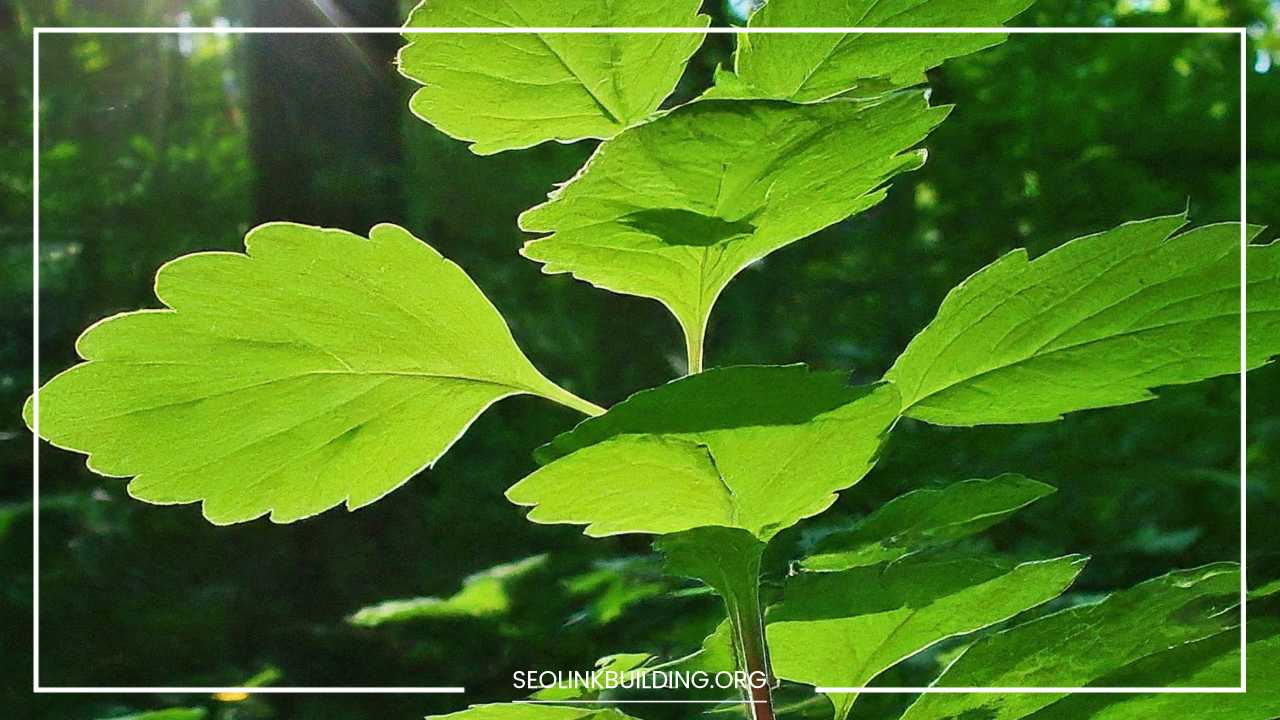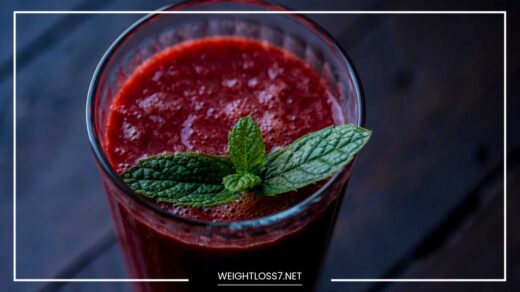Goldenseal Uses and Health Benefits

Goldenseal
Goldenseal: A Comprehensive Exploration of Its Uses, Benefits, and Safety
Goldenseal (Hydrastis canadensis) is a perennial flowering plant native to the rich woodlands of eastern North America.
Its striking golden-yellow roots have been a cornerstone of traditional medicine for centuries, valued for their potent medicinal properties.
This extensive guide explores the myriad uses, potential health benefits, and important safety considerations related to goldenseal.
Botanical Overview
Goldenseal is a low-growing herb characterized by its unique yellow flowers and distinctive golden-yellow rhizomes.
It typically thrives in the shaded, moist environments of forest floors, and its medicinal parts are primarily the roots and rhizomes.
The plant’s notable active compounds, especially alkaloids such as berberine and hydrastine, are believed to be responsible for its therapeutic effects.
Botanical Description
- Scientific Name: Hydrastis canadensis
- Family: Ranunculaceae (Buttercup family)
- Common Names: Goldenseal, Yellow Root, Orangeroot
- Growth Habit: Perennial herb, reaching about 12-18 inches in height.
- Flower: Small, bright yellow, typically appearing in spring.
- Root: Thick, knotted, and yellow, known for its strong, distinctive odor.
Goldenseal is often found in wooded areas, favoring well-drained, acidic soils. The plant has a long history of cultivation and wild harvesting, and its medicinal use has been well-documented in various traditional practices.
Traditional Uses of Goldenseal
Goldenseal has been utilized by Native American tribes and European settlers for its purported health benefits. These uses have been passed down through generations and reflect a broad spectrum of applications:
Digestive Health
Goldenseal has been traditionally used to treat a range of digestive issues. Its bitter properties are believed to stimulate digestive secretions, which can aid in the relief of symptoms such as:
- Diarrhea: Goldenseal’s astringent qualities may help reduce gastrointestinal inflammation and control diarrhea.
- Indigestion: The herb has been used to ease indigestion by promoting bile flow and improving digestion.
- Ulcers: Goldenseal has been historically applied to treat ulcers due to its anti-inflammatory and antimicrobial properties.
Respiratory Health
Goldenseal has also been employed to alleviate respiratory ailments, including:
- Colds and Flu: Traditionally used to ease symptoms of colds and flu, such as congestion and sore throat.
- Sinusitis: Goldenseal’s antimicrobial properties may help in managing sinus infections and reducing inflammation.
Skin Conditions
The herb’s topical applications have included the treatment of various skin issues:
- Skin Irritations: Goldenseal has been used to soothe irritated skin and reduce inflammation.
- Wounds: The plant’s antimicrobial properties make it useful for minor wounds and cuts.
- Infections: Historically, it has been applied to prevent or treat superficial infections.
Eye Health
Goldenseal has been used as a remedy for eye conditions, including:
- Irritated Eyes: It has been used in eye washes to relieve irritation and inflammation.
- Inflamed Eyes: Goldenseal’s anti-inflammatory effects are believed to be beneficial in managing conditions such as conjunctivitis.
Women’s Health
Goldenseal has been utilized for various women’s health issues, such as:
- Menstrual Cramps: Its anti-inflammatory properties may help reduce menstrual pain.
- Postpartum Bleeding: Traditionally used to manage postpartum bleeding and promote uterine health.
Potential Health Benefits of Goldenseal
Modern research has begun to investigate the benefits traditionally attributed to goldenseal. While more extensive studies are needed, preliminary findings suggest several potential health advantages:
Antibacterial and Antifungal Properties
Goldenseal’s most well-documented benefit comes from its active compound, berberine. Laboratory studies have demonstrated that berberine has significant antibacterial and antifungal properties, which may make goldenseal effective against a variety of pathogens:
- Bacterial Infections: Research has shown that berberine can inhibit the growth of certain bacteria, including strains that cause respiratory and gastrointestinal infections.
- Fungal Infections: Berberine has also been found to be effective against various fungi, suggesting its potential use in treating conditions like athlete’s foot or candidiasis.
Immune System Support
Goldenseal may have immunomodulatory effects that support overall immune health:
- Immune Cell Activity: Some studies suggest that goldenseal can enhance the activity of immune cells such as macrophages and T-cells, which play a crucial role in fighting infections.
- Inflammatory Response: By modulating inflammation, goldenseal may help the body maintain a balanced immune response and reduce chronic inflammation.
Digestive Health
The herb’s impact on digestive health is supported by both traditional use and some modern research:
- Anti-inflammatory Effects: Goldenseal may help reduce inflammation in the gastrointestinal tract, potentially providing relief from conditions like irritable bowel syndrome (IBS) and inflammatory bowel disease (IBD).
- Antidiarrheal Effects: Its astringent properties may help to alleviate diarrhea by decreasing gastrointestinal motility and reducing mucosal inflammation.
Skin Health
Goldenseal’s topical application has shown promise in treating various skin conditions:
- Acne: Due to its antibacterial and anti-inflammatory properties, goldenseal may help manage acne by reducing infection and inflammation.
- Eczema and Psoriasis: The herb’s soothing effects can aid in reducing the symptoms of eczema and psoriasis, including itching and redness.
- Wound Healing: Goldenseal may promote wound healing by reducing inflammation and preventing infection.
Blood Sugar Control
Preliminary studies suggest that goldenseal might influence blood sugar levels:
- Blood Sugar Regulation: Some research indicates that berberine can help regulate blood sugar levels and improve insulin sensitivity, which may be beneficial for managing type 2 diabetes.
- Metabolic Health: Goldenseal’s potential effects on metabolism and glucose homeostasis warrant further investigation to confirm its role in blood sugar management.
Forms and Dosage
Goldenseal is available in several forms, each with varying uses and recommended dosages:
Dried Roots
Dried goldenseal roots can be used to make teas or tinctures. This form is often used for traditional remedies and can be prepared by steeping in hot water or creating a tincture by soaking in alcohol.
Capsules
Goldenseal capsules provide a convenient and standardized way to take the herb. Dosages typically range from 250 to 500 milligrams, taken two to three times daily. It’s important to follow specific dosage recommendations based on the product and health condition.
Tinctures
Goldenseal tinctures are concentrated extracts that can be taken orally. Standard dosages are usually between 1 to 3 milliliters, taken up to three times daily. Tinctures can offer a more potent dose compared to other forms.
Topical Creams
For skin conditions, goldenseal is available in topical creams or ointments. These are applied directly to the affected area, and usage instructions can vary based on the product. It’s important to follow the manufacturer’s directions to avoid potential skin irritation.
Safety and Precautions
While goldenseal is generally considered safe when used appropriately, it is essential to be aware of potential side effects and interactions:
Potential Side Effects
Goldenseal can cause a range of side effects in some individuals, including:
- Gastrointestinal Issues: Nausea, vomiting, diarrhea, and constipation have been reported, particularly with high doses.
- Headache and Dizziness: Some users may experience headaches or dizziness.
- Skin Reactions: Allergic reactions such as rash or itching may occur, especially with topical applications.
Drug Interactions
Goldenseal may interact with various medications, potentially affecting their efficacy or increasing the risk of side effects:
- Blood Thinners: Goldenseal can interact with anticoagulants and antiplatelet drugs, potentially increasing the risk of bleeding.
- Antihypertensive Drugs: It may interact with blood pressure medications, potentially affecting blood pressure levels.
- Heart Medications: The herb may influence the metabolism of heart medications, altering their effectiveness.
Special Populations
- Pregnancy and Breastfeeding: Due to limited safety data, goldenseal is generally advised against during pregnancy and breastfeeding. The herb’s effects on fetal development and infant health are not well-studied.
- Children: Goldenseal should be used with caution in children due to the lack of sufficient safety information.
Consulting a Healthcare Provider
Before starting any new herbal supplement, including goldenseal, it is crucial to consult with a healthcare provider, especially if you have existing health conditions or are taking other medications.
A healthcare professional can provide personalized advice and ensure that goldenseal is safe and appropriate for your individual needs.
Final Thoughts
Goldenseal remains a prominent herb in traditional medicine, valued for its diverse applications and potential health benefits. From digestive health to skin conditions, its uses are varied and well-documented in historical contexts.
Modern research supports some of these benefits, though more extensive studies are needed to confirm its efficacy and safety fully.
As with any herbal remedy, it is vital to use goldenseal responsibly and under the guidance of a healthcare professional.
Understanding its potential benefits and risks will help you make informed decisions about incorporating this herb into your wellness routine.
Whether you’re exploring traditional uses or considering goldenseal for specific health concerns, a careful and informed approach will ensure that you harness its benefits safely and effectively.

















